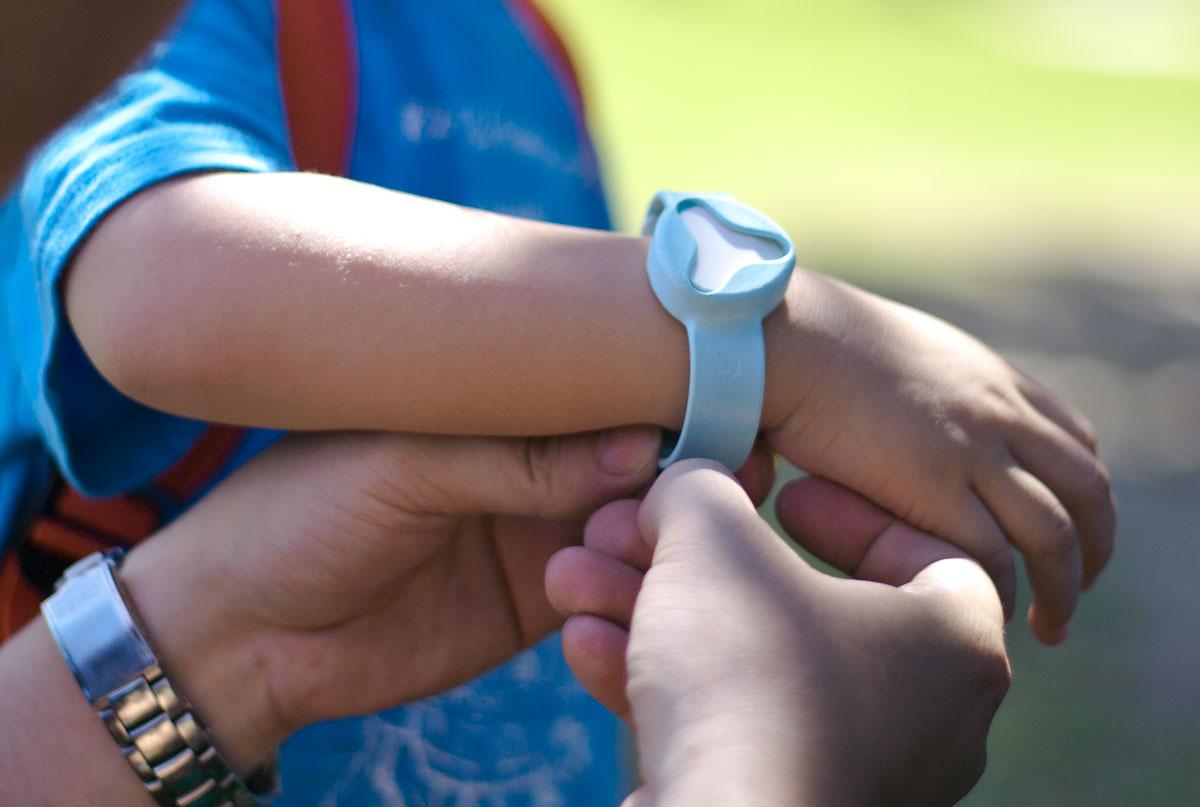Self-esteem is a term used to reflect a person’s overall emotional evaluation (i.e., their personal view) of his or her own self-worth. It is a judgment of oneself as well as an attitude toward the self. Self-esteem encompasses beliefs (e.g., “I am smart”) and many emotions such as pride, success, depression, and shame.

Why is self-esteem important?
When we have healthy self-esteem we are more likely to be happy, cooperative, and successful in many areas of our life like school, making friends, and sports. Healthy self-esteem aids in our ability to challenge ourselves, overcome obstacles, cope with stress more effectively and pave the way for learning. When children have a healthy self-esteem they are less likely to develop behavior problems, become anxious or depressed.
Focus on descriptive praise and constructive feedback
- Provide descriptive praise often for their efforts and achievements. Focus on the things they do well and the effort they put in versus just the result. Praise them for studying for a test instead of simply cheering when they get an A on a test.
- Provide constructive feedback by starting with a positive comment first. Focus on an area of strength and then provide a suggestion about something they may need to improve. “Wow, you hit that ball really hard with the racquet; now let’s spend time practicing how to serve.”
Maximize your parent-child relationship with quality time and communication
- Tell and show your child often that you love and care for them. Spending quality time with children and giving them physical attention helps build a strong parent-child relationship.
- Be responsive to child-initiated interactions, especially in the area of conversation and communication. Let your child know you’re listening, interested and attending to them when they’re communicating with you.
Gently remind them they aren’t the center of the world
- Teach your child to care about others. Encourage them to play with other children, use kind words and engage in positive social interactions.
Give them freedom to succeed and to fail — and model that yourself
- Help your child to problem solve difficult situations and deal with disappointment. Explain that everyone makes mistakes and that mistakes are an opportunity for us to learn and grow.
- Encourage your child to be independent. Show them you are confident in their abilities to do things for themselves. Let them cook a meal, do chores around the house and walk to school with a friend.
- Involve your child in making decisions about the family like what to have for dinner, negotiating house rules or planning a day trip. Where appropriate, let them make decisions for themselves like what to clothes to wear or when to do homework.
- Set a good example by modeling positive behavior and talking about your own healthy self-worth.
References
- Hewitt, John P. (2009). Oxford Handbook of Positive Psychology. Oxford University Press. 217–224.
- Sanders., M., Mazzucchelli, T., & Studman, L. (2003). Practioner’s Manual for Standard
- Stepping Stones Triple P. Milton: Triple P International Pty. Ltd.
Written by Janet Arnold, Finding Solutions, www.findingsolutions.ca
Share this Post







